Post
A catch
Save a catch to start your fishing logbook. You will be able to to share it with the community if yo want!
A fishing trip
Post an ad to go fishing with other fishermen
Save a catch to start your fishing logbook. You will be able to to share it with the community if yo want!
Post an ad to go fishing with other fishermen
Share a thought, a question with the community
My favorite cities
×Join our 842 fishermen and our 1 cofisherman in Warwick in Warwickshire. The fishing forecast is currently 4.5. The most caught fishes here are the zander fish, the crucian carp, the pike fish and the gwyniad fish. Come try the most famous fishing techniques like the tips on material for bream fishing with soft lure, squid fishing with jigs, support fishing for sea bream or support fishing for bass.
Our fishing forecast of Warwick indicates the best time to go fishing in this city.
The Zander fish
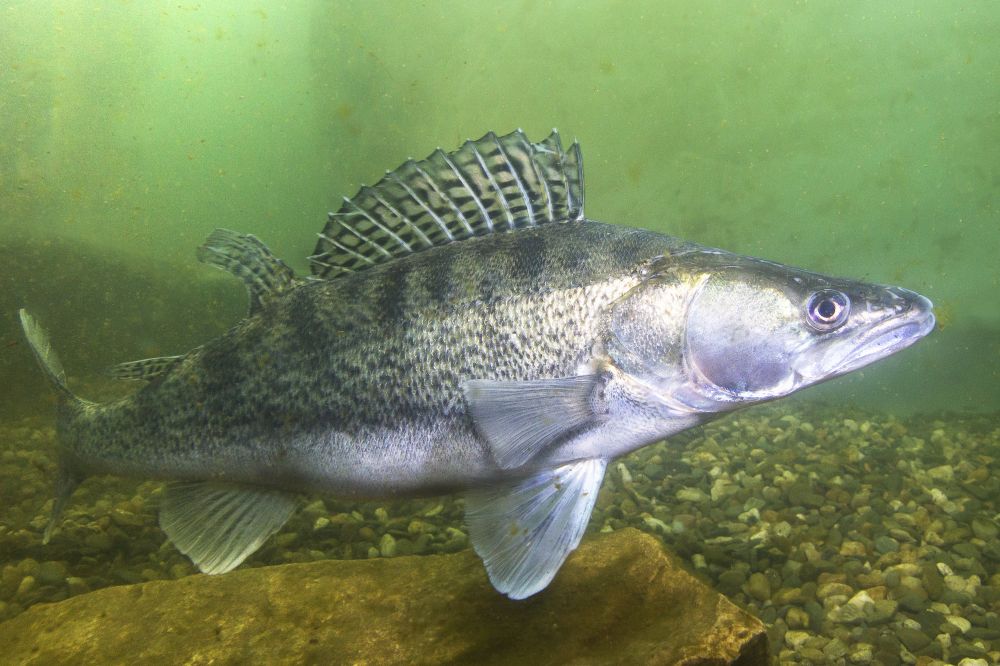
The zander fish belongs to the Percidae family. The Zander is a fish that can reach a length of 100 cm (maximum 130 cm) for a weight of 20 kg and an age of about fifteen years (maximum 20 years). Spawning takes place between April and August. Fertility is high with nearly 200,000 eggs/kg of female. It is caught from May to December. Its body is slender and fusiform. The head is elongated. The back is greenish grey and has slight dark vertical stripes. It has no transverse stripes and the flank is clear. The belly is whitish except in the male during the breeding season when it is darker. No thorns on the gill cover. Its two dorsal fins are separated. The first is spotted and thorny. The caudal fin has 17 soft rays. Its mouth is armed with many teeth and large "canines" that are visible when the animal is motionless due to breathing movements.
The Zander fish is a famous fish you can catch in Warwick.The Crucian Carp
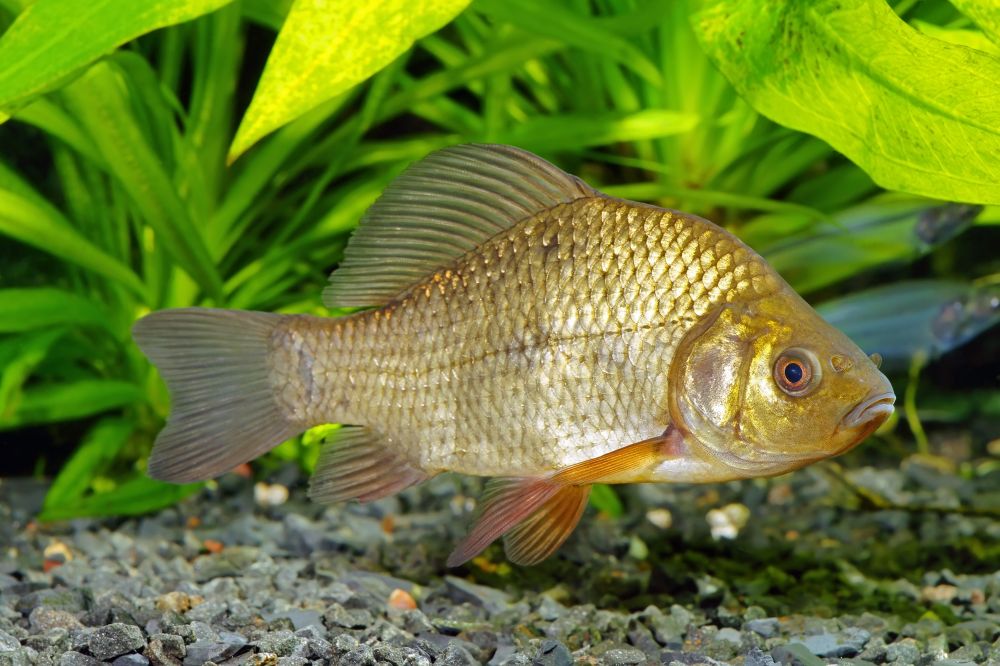
The Crucian Carp belongs to the Cyprinidae family. Its average size is 45 cm for 3 kg. It can live up to 15 years. It breeds from Mai to June. The female lays up to 300,000 oocytes. It can be fished from spring to fall. The Crucian carp is ovoid, stocky and laterally compressed. The protruding back gives it a high body. The most common specimens have an average size of 15 cm and a weight of about 250 g, but they can reach more than 50 cm and a weight of 4 kg. The head, small and conical, has no barbels. The pectoral and ventral fins and the anus are slightly rounded and have a reddish colour. The dorsal fin is characterized by a convex line. Finally, the caudal is slightly indented, and has 20 soft rays. Large scales cover the body and 31 to 36 scales run along the lateral line. Overall, it is greenish in color, dark on the back, with golden reflections on the sides and lighter on the belly. A black spot at the base of the caudal fin characterizes juveniles of this species. This stain disappears with age.
The Crucian Carp is a famous fish you can catch in Warwick.The Pike Fish
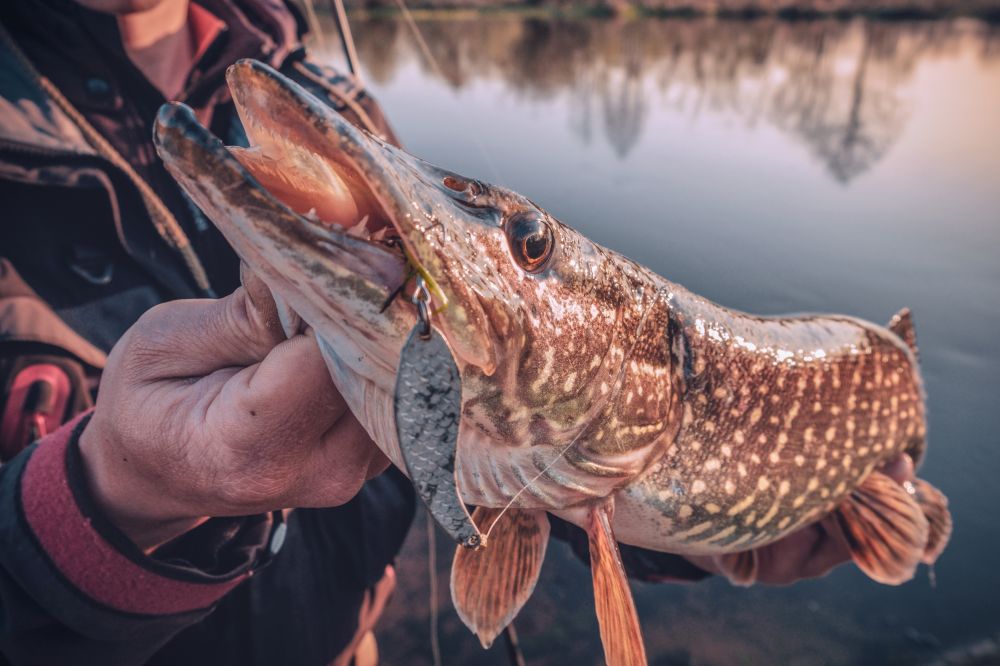
The Pike fish belongs to the Esocidae family. Pike can reach 1.30 m and weigh 25 kg. The current capture size is 50 cm for a weight of 1 kg. Females are commonly larger than males. The longevity is 10 to 14 years for males and 20 years (maximum 30 years) for females. Breeding takes place from February to May. The female lays 15,000 to 45,000 eggs per kg of weight. It is caught from June to December. This species is identifiable by its shape as a rifle bullet. The odd fins are at the back of the animal (allowing a sprinter propulsion). The characteristic head looks like a duck's beak. The mandible is longer than the upper jaw. The color varies from light green to black depending on the dominant color of the colonized habitats. The sides are lighter with darker transverse bands. During growth, the oblique stripes of young people give way to horizontal lines.
The Pike Fish is a famous fish you can catch in Warwick.The Gwyniad fish
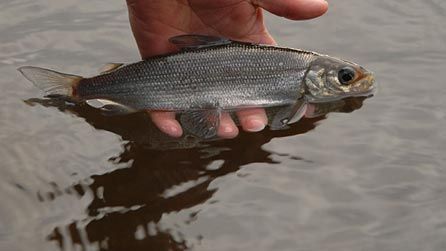
The Gwyniad fish belongs to the Salmonidae family. It is a fairly large species: 40 to 60 cm. It reaches 70 cm for 10 kg in the large lakes of northern Europe. Life expectancy would be about ten years. Its breeding period extends quite widely between 15 November and 31 January with a maximum activity between 10 December and 1 January. The female lays 30,000 eggs per kg of weight. This fish is on the IUCN Red List. Fishing is therefore prohibited. It has the fat fin characteristic of Salmonidae. It has an elongated body, silvery grey, bluish grey, with a more or less brownish back and fairly large scales. The caudal fin is very indented. The mouth is small. Two details that differentiate it from other salmonids. The number of gillospines (here 15 to 70) confirms that they belong to that species. The male has prominent scales on the lateral line, rough to the touch.
The Gwyniad fish is a famous fish you can catch in Warwick.The Wels Catfish
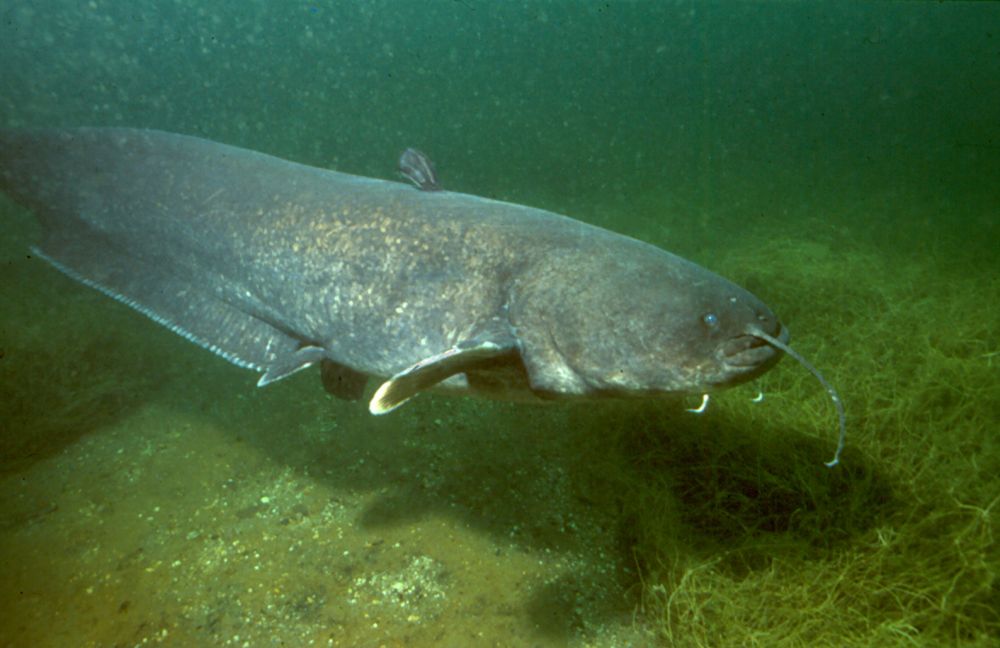
The Wels Catfish belongs to the Siluridae family. The usual size is 1 m for 10 kg but it can reach a maximum of about 5 m for a weight of about 300 kg. The maximum observed longevity is 60 years. It breeds from May to June. The female lays 20,000 to 30,000 eggs per kg of weight. It can be fished all year round. This massive species has a flat, broad head with small eyes and three pairs of barbells. Two pairs not movable on the lower jaw, one longer and movable on the upper jaw. The trunk represents about 1/3 of the animal and has the paired radiated fins and a small rudimentary dorsal fin. The belly is lighter. The posterior part of the body is laterally flattened and has a long anal fin. The tail ends in a homoceric fan-shaped caudal fin. The livery is variable and fluctuates from olive green to grey, both plain and with light spots. The skin is viscous and flake-free. The wels catfish has many small teeth.
The Wels Catfish is a famous fish you can catch in Warwick.Our fishing forecast of Warwick indicates the best time to go fishing in this city.
Our fishing forecast of Warwick indicates the best time to go fishing in this city.
Our fishing forecast of Warwick indicates the best time to go fishing in this city.
